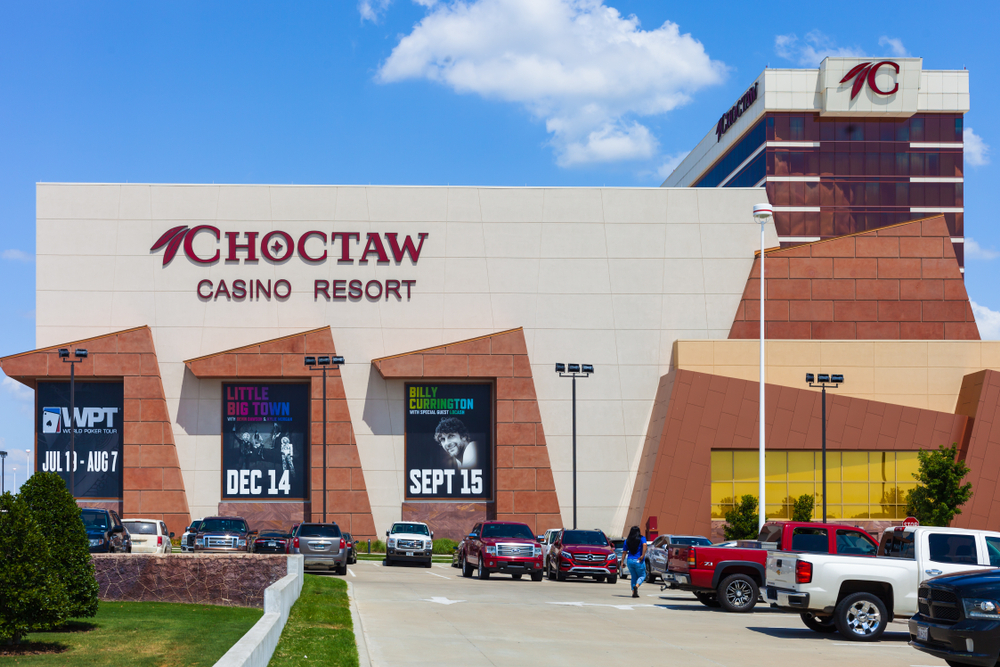A difficult year for all
In the US, tribal casinos form an important part of the gaming sector. At the beginning of 2020, federally recognized tribes operated more than 500 casinos across the country. Like the rest of the global land-based gaming industry, however, those casinos struggled with the impact of the COVID-19 pandemic.
gross gaming revenue (GGR) totaled $27.8bn for the full-year 2020
According to figures released by the National Indian Gaming Commission (NIGC) on Tuesday, tribal gross gaming revenue (GGR) totaled $27.8bn for the full-year 2020. This represents a drop of almost 20% from 2019, with casino closures, health and safety measures, and capacity restrictions all impacting properties throughout the pandemic.
Commenting on the results, NIGC vice chair Jeannie Hovland praised the tribal gaming community for its “resilience and commitment” throughout the difficult year. Moving forward, she said: “I look forward to seeing Indian gaming continue to lead the way in efforts to reduce the economic impact of the COVID-19 pandemic.”
Breaking down the results
The tribal gaming figures are based on an aggregate revenue from 524 financial statements of 248 tribes across 29 states. In its statement announcing the results released on Tuesday, the NIGC said the largest GGR decrease came in the Rapid City Region, which saw a drop of 37% overall. In contrast, the administrative regions experienced a decline of just 13%.
The total $27.8bn figure represents the first large decline in tribal GGR since 2000, breaking a pattern of consistent year-on-year growth. However, the 20% decline is still less substantial than the overall drop in US commercial gaming revenue reported by the American Gaming Association (AGA). During the same period, commercial GGR fell more than 31% year-on-year to $29.98bn.
a temporary setback”
NIGC chairman E. Sequoyah Simermeyer described the tribal revenue decline as “a temporary setback,” affirming that the body had expected a decrease of some form. “The unknown was just how much of an impact COVID-19 had on Indian gaming,” he added. Despite the drop, Simermeyer noted the economic contributions made by tribal gaming during the pandemic, also praising it for “creating standards” and “developing new safety protocols.”
Recovery in the cards?
Although the NIGC has not unveiled tribal gaming figures from 2021 just yet, evidence from US commercial gaming revenue data suggests casinos are experiencing a swift recovery. As reported by the AGA, commercial GGR reached $13.64bn in the second quarter of 2021. That represents a new all-time quarterly record, surpassing the last record-breaking total by more than 22%.
The AGA took to Twitter in August to publish news of the staggering figures:
Within this total, land-based casino revenue increased by 10% from the previous record quarter in 2019. Due in part to the easing of pandemic-related restrictions along with pent-up demand, casinos took in $11.8bn in revenue during the quarter.




